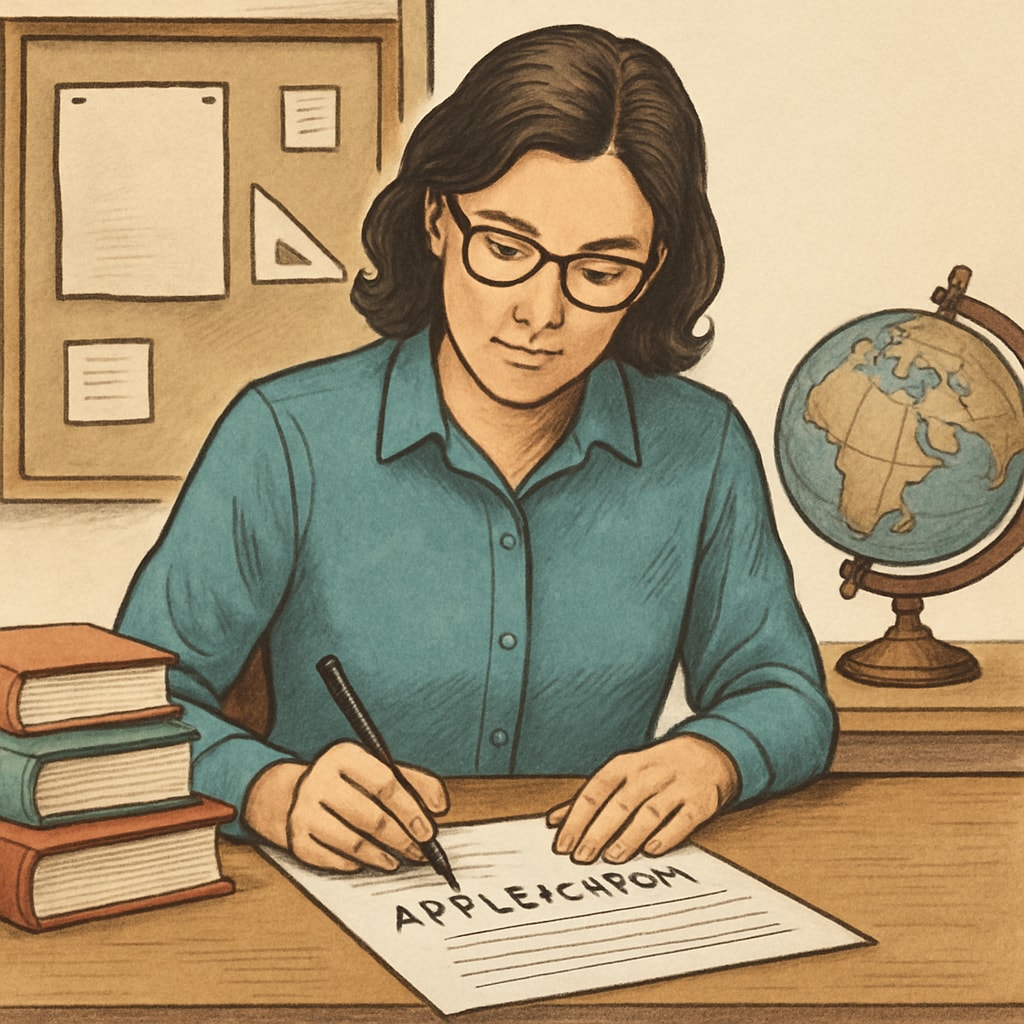Oklahoma’s introduction of political ideology tests for out-of-state teacher applicants has generated significant controversy. Critics argue that this policy infringes on academic freedom and teacher diversity, while proponents claim it is a necessary step to prevent the spread of radical ideologies in classrooms. This development highlights the growing tension between maintaining educational neutrality and addressing political concerns in K-12 education.
The Policy: A Closer Look at Oklahoma’s Political Ideology Tests
The policy requires out-of-state teachers applying for positions in Oklahoma to undergo a test designed to assess their political beliefs. The stated aim is to ensure that teachers do not promote “radical” or “partisan” ideologies in the classroom. While the specifics of the test remain unclear, reports suggest that it includes questions about personal values, teaching philosophies, and responses to hypothetical classroom scenarios.

Supporters of the policy argue that it protects students from being exposed to potentially biased or divisive material. However, critics see it as an overreach that could deter qualified educators from applying, especially those from diverse cultural or ideological backgrounds.
Implications for Teacher Diversity and Recruitment
One of the most pressing concerns is the potential impact on teacher diversity. By introducing a political litmus test, Oklahoma risks alienating educators who may bring valuable perspectives to the classroom. Diversity among teachers is widely recognized as a crucial factor in creating inclusive and effective learning environments. Studies have shown that students benefit both academically and socially when exposed to a variety of viewpoints and experiences in their education.
Furthermore, this policy could exacerbate the already critical teacher shortage in the United States. According to the National Education Association, many states are struggling to fill teaching positions, especially in rural or underserved areas. By imposing additional requirements, Oklahoma may find it even harder to attract qualified professionals.

Balancing Educational Neutrality and Political Oversight
The debate around Oklahoma’s policy also touches on the broader issue of the role of politics in education. On one hand, schools are expected to remain neutral grounds for learning, free from political bias. On the other hand, the growing polarization in society has led to increased scrutiny of educational content and methods. This has resulted in policies like Oklahoma’s, which aim to address perceived political influence in classrooms.
However, defining what constitutes “radical” or “biased” teaching is inherently subjective. Critics warn that such policies could be used to suppress legitimate discussions on important social and historical topics, thereby limiting students’ exposure to diverse viewpoints. The question remains: How can educators balance the need for neutrality with the responsibility to encourage critical thinking and open dialogue?
For example, topics like climate change, racial inequality, and gender identity are often at the center of these debates. While some parents and policymakers view these subjects as essential to modern education, others see them as promoting specific political agendas. Policies like Oklahoma’s could lead to a chilling effect, where teachers avoid these topics altogether out of fear of reprisal.
Looking Ahead: Potential Outcomes and Solutions
As the controversy unfolds, several potential outcomes and solutions are being discussed:
- Reevaluation of the Policy: Critics are calling for the reassessment of the political ideology test, emphasizing the need for transparency and fairness.
- National Standards: Some suggest the adoption of nationwide guidelines to address political influence in education, reducing the need for state-specific policies.
- Increased Support for Teachers: Providing professional development and resources to help teachers navigate complex topics without bias.
Ultimately, the policy raises fundamental questions about the boundaries between education and politics. While safeguarding students from undue influence is a valid concern, the approach must ensure that it does not compromise academic freedom or discourage diverse voices in education.
Readability guidance: This article uses clear subheadings and concise paragraphs to enhance readability. Lists are employed to summarize key points, and the content maintains a balance between active and passive voice for better engagement.


